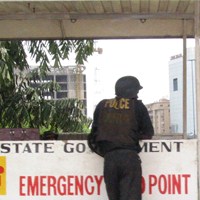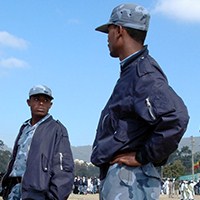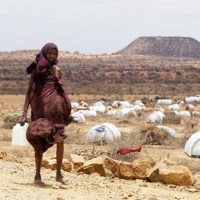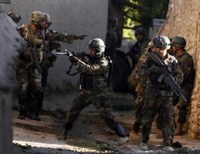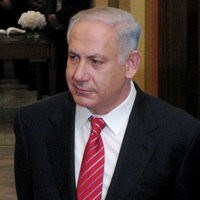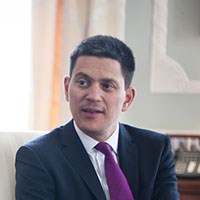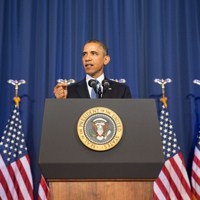
Americans can be brutally effective against another nation that relies on conventional military power. The Confederacy, Germany, Japan and the Soviet Union all found this out. They “fought fair,” so the United States was able to out-spend them all and eventually win. But Americans are not so adept against enemies that do not fight fair, whether dispersed, amorphous organizations not easily crushed through military action, hostile ideologies or cultures, or systemic instability. Impatient for quick results when none are available, the United States gravitates to short-term problem solving, teetering from crisis to crisis. That is where we are today. Critics […]


